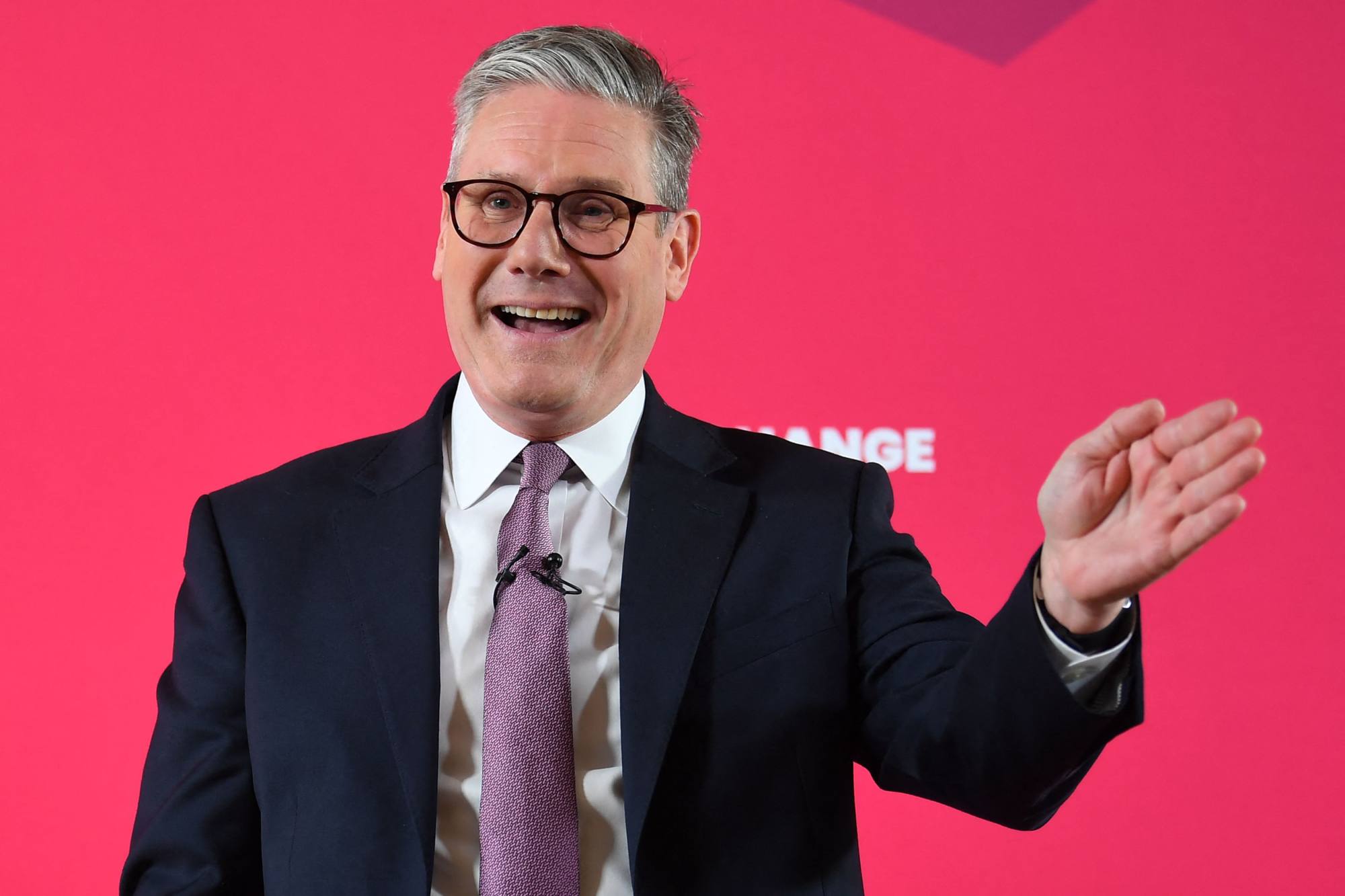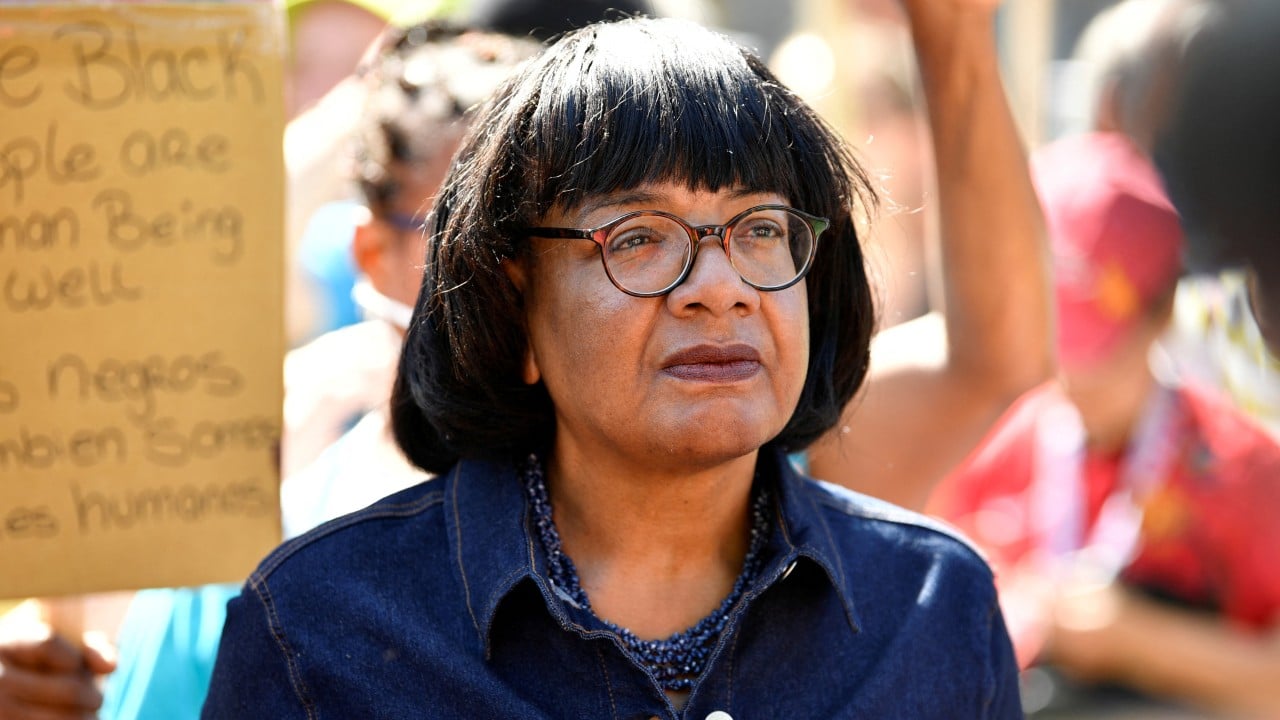Britain’s first black woman lawmaker, Diane Abbott, said on Sunday she intends to run for the Labour Party in a July 4 general election, after confusion over her candidacy marked one of the first missteps in the opposition party’s campaign.
After expressing dismay on Wednesday that she might be blocked as an election candidate for her constituency in the capital London, Abbott said on X she was the “adopted Labour candidate for Hackney North and Stoke Newington”.
“I intend to run and to win as Labour’s candidate,” she said, adding that reports over the weekend that she was offered a seat in the upper house of parliament were not correct.

The days of confusion over whether she would be able to stand again have marred Labour’s election campaign, which has been carefully choreographed to protect and build on its large lead in the opinion polls over the governing Conservatives.
On Friday, Labour leader Keir Starmer said Abbott, 70, was free to contest her seat in northeast London.
Abbott, Britain’s longest-serving black member of parliament who was first elected in 1987, had been suspended by the party for more than a year after she said Jewish, Irish and traveller people did not face racism all their lives.
The lawmaker, who apologised for the remarks, was reinstated to the party last week but earlier media reports had said she would be barred from standing.
My message to them is clear: Labour has changed. No longer the party of protest, Labour is the party of national security
Starmer, meanwhile, will pledge on Monday to secure the country’s nuclear deterrent, trying to reassure voters that the nation would be safe in the hands of a Labour government.
Describing Labour as the “party of national security”, Starmer will turn his campaign focus to defence, seen as a weak spot for Britain’s main opposition party under his predecessor, Jeremy Corbyn, a long-time supporter of nuclear disarmament.
With conflicts in Ukraine and Gaza, defence is taking centre stage before the July 4 election, with Prime Minister Rishi Sunak saying last month that only his Conservative Party could keep voters safe in an increasingly dangerous world.
“National security will always come first in the changed Labour Party I lead. Keeping our country safe is the bedrock of stability that the British people rightly expect from their government,” Starmer said in a statement.
“My message to them is clear: Labour has changed. No longer the party of protest, Labour is the party of national security.”

Starmer will make a commitment to a “nuclear deterrent triple lock” – constructing four new nuclear submarines, maintaining a continuous at-sea deterrent and the delivery of all future upgrades needed for those submarines.
Even though Labour is far ahead in the polls, officials say they still need to convince thousands of undecided voters to back what Starmer repeatedly calls a “changed party”, one which can be trusted on defence, health and tackling immigration.
The Conservatives believe they have a stronger defence offering, with a pledge to increase defence spending to 2.5 per cent of GDP a year by 2030 – a target Labour says it wants to match but only when “resources allow”.


